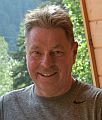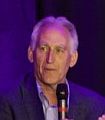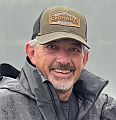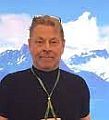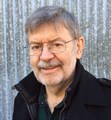BLUE ECOLOGY OFFERS HOPE AND REMOVES THE FEAR OF RECONCILIATION: “As long as you show a genuine curiosity, the willingness to learn, cross-cultural conversations blossom,” stated Michael Blackstock, Independent Indigenous Scholar and co-founder of the Blue Ecology Institute Foundation
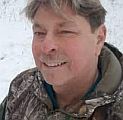
Michael Blackstock believes that a message of hope is paramount in these times of droughts, forest fires and floods. “Rather than looking through a cumulative effects lens, I also see the concept of ‘cumulative healing’ landing as a way to give back to water and land. Rather than wondering how much more can we take or impact land before we need to stop, instead we should ask how much longer should we let the water and land heal, before we ask for more,” states Michael Blackstock.




